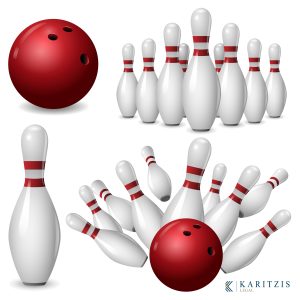Domesticated and Stray Animals: Obligations and Prohibitions
It is commonly known that a very high percentage of the island’s population adopts and owns domesticated animals, while even those who do not own any, come into contact with stray animals on a daily basis. In this regard, although interacting with animals, domesticated or not, is a part of everyone’s daily routine, few of us are aware of the relevant laws and regulations regarding the possession, guarding, protection and general treatment of animals.
The basic legislation that regulates this issue is the Law on Protection and Welfare of Animals (Law 46 (I) / 1994), the provisions of which will be referred to in a concise manner below.
Obligations
– Animals should always be handled in a way that best suits their physiological and ethological needs.
– A person who owns, possesses or guards an animal must ensure its health and well-being.
– A person who owns, possesses or guards an animal must provide food, water, care and shelter suitable for its species or category.
– Any animal transportation must be carried out in such a way that the animals are protected from unnecessary suffering and injury.
– Necessary operations on an animal should be performed exclusively by a veterinarian. If the operation is expected to cause pain to the animal, general or local anesthesia should be given to the animal, unless contraindicated therapeutically.
– The urgent put down of the animal due to illness, injury, old age, rage or other justified circumstances, must be done in a way that causes the least possible suffering or strain.
Prohibitions
– It is forbidden for any person to cause pain, suffering, injury or fear to any animal.
– It is forbidden to ingest or administer poison or any other harmful substance to any animal.
– It is forbidden to put any animal in a state of horrible death in any way.
– It is forbidden to organize competitions between animals or with animals during which the animals are abused or killed.
– It is forbidden to use animals for exhibitions, advertisements, film production or other similar purposes if they cause pain injury or suffering.
– It is forbidden to release or abandon an animal that is under human care in order to get rid of it.
– Hard work and training of the animal that reaches the limits of torture is prohibited.
– It is forbidden to tie up a dog or cat, except for temporary tie up in a public place.
– It is forbidden to keep, isolate or restrict a dog or cat on a terrace or a balcony.
As far as the penalties for violating the provisions of this Law are concerned, a first conviction carries a prison sentence of up to 1 year and/or a fine of up to €10,000, while a second or subsequent conviction carries a prison sentence of up to 2 years and/or a of up to €20,000.
The amount and severity of the fines was one of the most notable changes of the amending law L.175 (I) / 2020, since the maximum fine was increased from £1,000 and £2,000 to €10,000 and €20,000. Such an obvious increase in fines shows the elevating importance of animals in the Cypriot society, as well as the reduced tolerance of the Republic of Cyprus in crimes that concern them.




